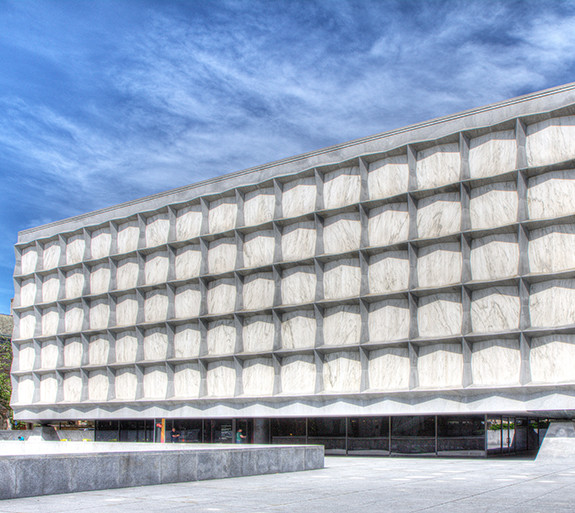The Yale English Department and the Whitney Humanities Center invite scholars and students to attend “What is Close Reading? A Symposium on Cleanth Brooks and the New Criticism” on September 29, 2007, at the Whitney Humanities Center Lecture Hall, 53 Wall Street, New Haven.
“What is Close Reading?” celebrates scholar, educator, and lecturer Cleanth Brooks.
Among the most influential literary critics of the twentieth century, Brooks is credited with revolutionizing the study of poetry. Brooks was appointed professor of English at Yale University in 1947, where his courses on Faulkner became legendary. His major works include American Literature: The Makers and the Making (with Robert Penn Warren and R. W. B. Lewis) (1973), The Hidden God (1963), Literary Criticism (with William K. Wimsatt) (1957), Modern Poetry and the Tradition (1939), Understanding Fiction (with Warren) (1943), Understanding Poetry (with Warren) (1938), The Well Wrought Urn (1947), and four books on Faulkner.
The Cleanth Brooks Papers at the Beinecke Library contain correspondence, manuscripts of books, textbooks, essays, lectures, and various other shorter works, classroom material, professional papers, writings of others, and personal papers which document aspects Brooks’ life and career. The material spans the years 1927 to 1986, with the bulk falling between 1960 and 1986. Related collections at the Beinecke Library include: the Robert Penn Warren Papers and the Robert Fitzgerald Papers. Additional related materials may be located by searching the Finding Aid Database and the Uncataloged Acquisitions Database; copies of Brooks’ books in the Yale Libraries can be located by searching Orbis, the library catalog.
What is Close Reading? Symposium Schedule
September 29, 2007
2:30-4:30
Introduction: Langdon Hammer
Papers by Paul Fry, Helen Vendler, and J. Hillis Miller
4:45-5:45
Roundtable discussion with Paul Fry, Helen Vendler, J. Hillis Miller, Haun Saussy, and David Bromwich
Reception to follow
For more information contact Susan Shand and Manana Sikic.
